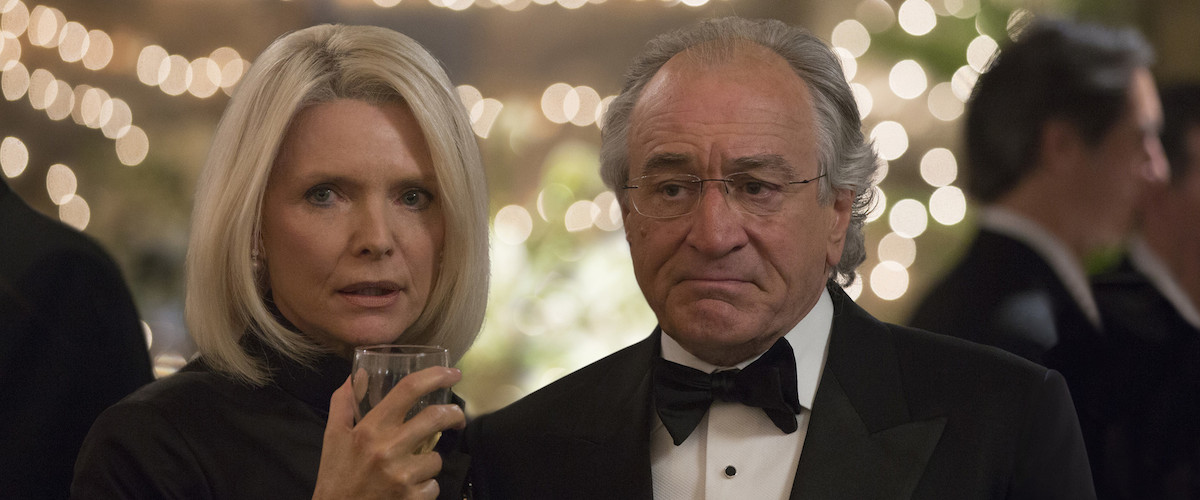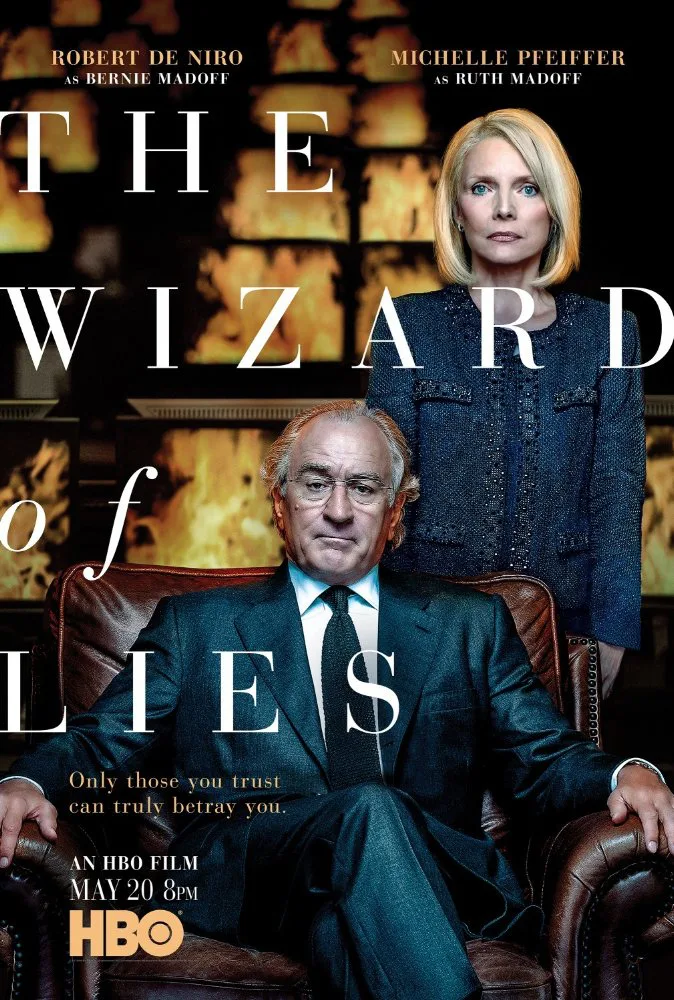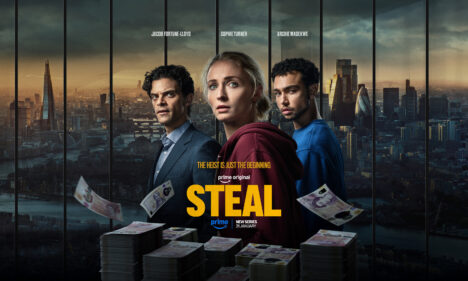HBO’s “The Wizard of Lies” reunites a filmmaker and star once at the top of their games. In the ‘80s and most of the ‘90s, a film starring Robert De Niro and a film directed by Barry Levinson meant something major. But the ‘00s and ‘10s haven’t been as kind to the two regular collaborators with a few exceptions here and there. To say this solid drama is Levinson’s best work in two decades isn’t much of a bold claim, but it’s even more startling to realize how much De Niro still has in the tank when he chooses to access it. This is a subtle, fascinating performance—a chronicle of a man who destroyed lives, including those of his family members, but never quite understood the depths of his own evil. De Niro doesn’t play Bernie Madoff as a villain, but doesn’t exactly turn him into a sympathetic figure either. Mostly, he was just an asshole, a guy who made excuses for his crimes even as they were tearing his family apart. De Niro’s really subtle work is buoyed by great supporting turns from Alessandro Nivola and Michelle Pfeiffer as well. The 135-minute film suffers from being too long and sometimes bizarrely constructed, but it’s the kind of solid true story we’ve come to expect from an HBO Original Film.
Almost all of “The Wizard of Lies” takes place in the aftermath of the arrest of Bernie Madoff in 2008 for orchestrating the biggest Ponzi scheme in U.S. history. When his sons Mark and Andrew, played here by Nivola and Nathan Darrow, who worked for Madoff, discovered that dad was writing an exorbitant number of bonus checks in December, he confessed that he was just trying to “take care of people” before the Feds came for him. And then they learned the truth—everything they thought they knew about their father and the business was a sham. They actually went to the Feds early and turned Bernie in, realizing that they would already be called accomplices, and knowing that every minute they waited would make that charge harder to deny. So, from its opening scenes, “The Wizard of Lies” is set up as the story of a family falling apart.
While the script by Sam Levinson and John Burnham Schwartz and Samuel Baum occasionally flashes back to happier times, it stays focused intently on how Bernie’s betrayal impacted Mark, Andrew and Ruth Madoff (Michelle Pfeiffer). Right away, the boys tried to distance themselves from their father, and, when Ruth stayed with Bernie, they had to avoid her calls as well. There’s a scene in which Bernie learns that his sons have refused to sign off on the bond to get him out of jail that’s one of De Niro’s best acting moments in years. You can see the pain on his face that’s somehow also blended with guilt. On an emotional level, he can’t believe his sons aren’t standing by him, but he also knows exactly why they’re not.
The structure of “The Wizard of Lies” can be a little frustrating as the film jumps back and forth in time, structured around a jailhouse interview with Madoff done years after the house of cards collapsed, and spending an incredible amount of time on the details about how exactly the scheme unraveled. There’s a better version of this film that’s half an hour shorter, and I wanted more of scenes like two key flashbacks: one to a lavish party that shows how much everyone around Bernie benefitted from his evil, and one in which Bernie basically had to play con man to keep money coming in when the market crashed. Mostly, “The Wizard of Lies” is a film of fantastic acting beats—the way Pfeiffer captures a mother choosing husband over sons; the way Nivola’s paranoia builds as he realizes the public hates him too; the matter-of-fact decisions of a suicide attempt by the Madoffs when they saw no other way out.
What’s most fascinating is how well De Niro portrays a man constantly making excuses. He claims that his investors and the government didn’t want to look too hard because they were making money, although the movie is quick to call him on that bullshit logic. It’s also unafraid to portray Madoff as a greedy asshole, the kind of guy who kept his kids in the dark and ruined their potential careers, guilting them into staying in an illegal operation instead of moving on to legitimate ones. A writer once compared Madoff to Ted Bundy, and the truth is neither saw the value of human life. Madoff never concerned himself with the impact his behavior had on the people around him, and the truly sad thing is that the people he damaged most of all were the ones who trusted him completely, his family.




















